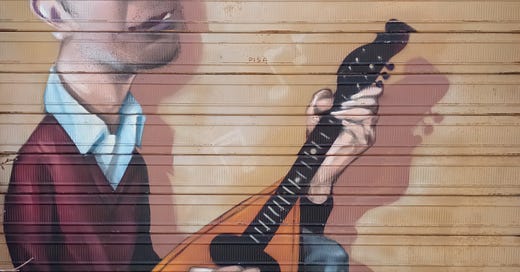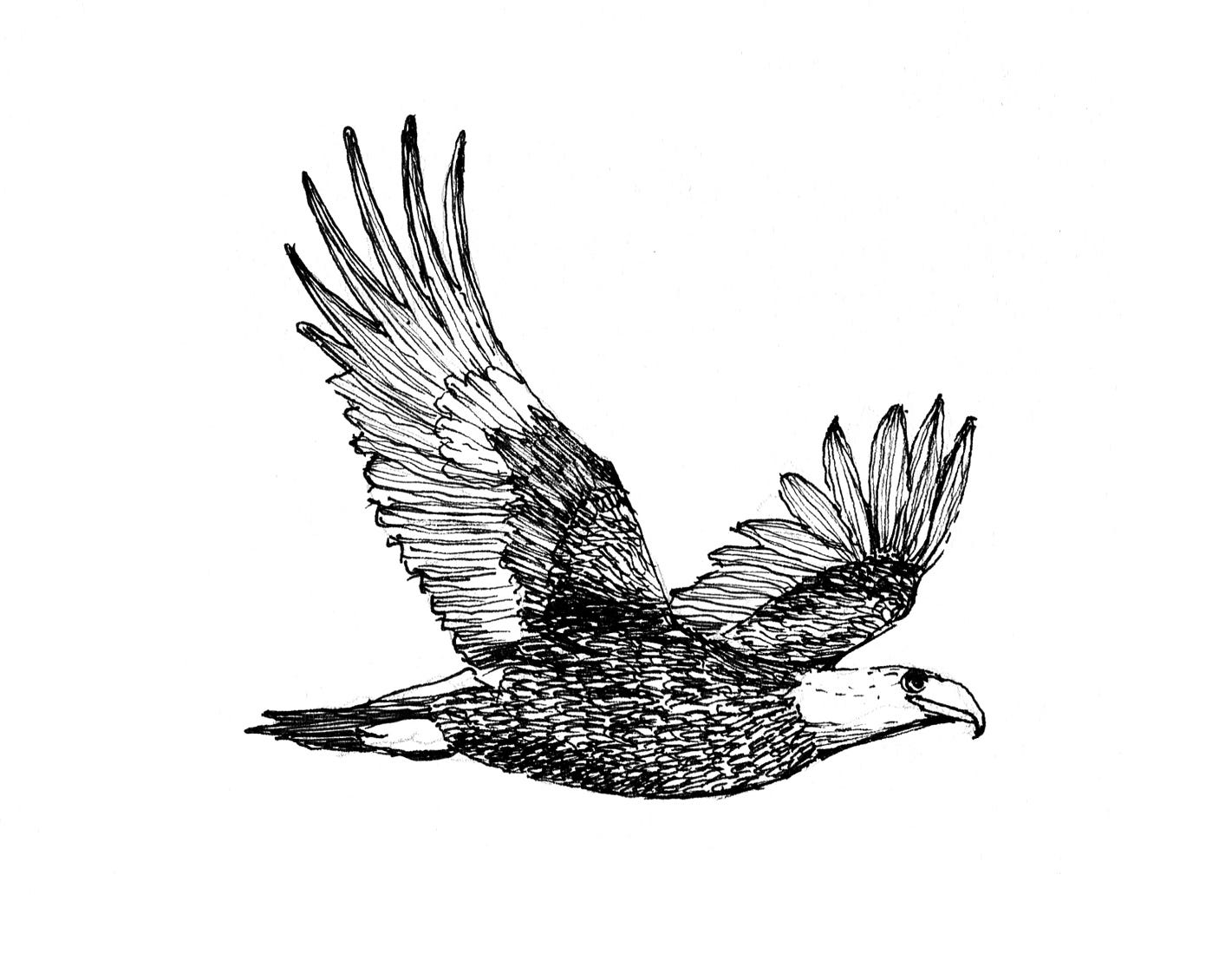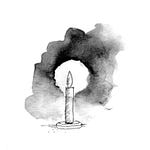British climber George Mallory wanted to be the first man to summit Everest. He made various attempts in the 1920s, but never made it, and died on his final attempt in 1924. In his book ‘Into the Silence’, Canadian author Wade Davis contemplates why Mallory, a World War 1 veteran, did not turn back and instead chose to continue on up the side of Everest to certain death on that last fateful climb. Davis comes up with this answer:
‘Mallory walked on because for him, as for all of his generation, death was but a frail barrier that men crossed, smiling and gallant, every day. As climbers they accepted a degree of risk unimaginable before the war. They were not cavalier, but death was no stranger. They had seen so much that it had no hold on them. What mattered was how one lived, the moments of being alive.’
On the morning of April 1 when my wife arrived at the hospital, she heard loud, unrestrained laughter. She followed the sound along the corridor to the palliative care ward, where she found me, my mother and brother sitting around dad’s bedside, tears streaming down our faces, bent double with laughter. My wife’s silence demanded an explanation, so we told her: We’d been considering playing an April Fool’s joke on her by pulling the sheet over dad’s sleeping face. Her own horrified face made clear what she thought of our gag: ‘What kind of monsters are these?’
But we weren’t monsters. We were humans, who were waiting for death to visit our family. Humans finding a moment of joy, a rebel cry of laughter in the face of the inevitable.
I’m certain my father heard that laughter and I’m certain that from somewhere deep inside, a place from where he could not reach back to us, he too was laughing. Dying on April 1 would have appealed to his sense of humour. He would have enjoyed us having to spend April Fool’s Day assuring everyone: ‘No, this isn’t a joke, he really is dead.’
In those few weeks by my father’s bedside there many moments like this, of laughter and joy, mixed with sadness and nostalgia; for what was lived but also a strange nostalgia for what would never be lived. The proximity of death stripped away entrenched positions, brought down carefully constructed barriers, revealed stories that had never been told. As a family we were living with an intensity that we had never before experienced.
A good number of dad’s friends attended his funeral – older men, who had been opal miners and stockmen and shearers and hard drinkers. Men who had lived their lives out west, rarely venturing into the towns. Men who had seen death and dying all their lives. One of his friends shared this tribute: ‘Ryan, your father was a very capable man. He could catch wild pigs, he could ride a horse and he could fight.’
It was the first time I had seen any of these men in many years. None of my father’s friends visited him over the eighteen months that he was in aged care. I knew it would have meant a lot to dad to have had more visits. I mentioned this to one of them.
‘I couldn’t face it,’ he confessed. ‘I didn’t even visit my own mother when she was dying. I had a lot of good times with your father and I wanted to remember him how he was. Not what he became.’ There were tears in his eyes as he said it.
This struck me as a selfish sentiment, but I don’t blame him. It is not easy to look at death. I never looked forward to visiting my father in aged care. Every single visit was difficult. If I’d not seen him for a few months, I was fearful of what new sign of degradation I would find. I wondered and worried about the images that might be imprinted on my mind forever – would what I see today become my lasting memory of him?
But I went, because he needed me to go, because he deserved that I go. And because to not go – to abandon him to loneliness, to have him face that end alone – that would have haunted me forever.
There are a lot of smokers in Italy. I have no intention of taking up smoking and do not endorse it, but I took pleasure from watching the Italians rolling their own cigarettes. A figure would bend over a thin square of paper, a small white filter like a tic tac hanging out of one corner of their mouth. I would gaze on as their hands went to work arranging a line of tobacco down the centre of the paper before neatly rolling it up. A satisfying lick along the seam sealed the operation, before the cigarette was taken to the mouth.
I like to remind myself of all those long-haired teenagers in school uniforms, immaculately attired office workers, and wizened old grandmothers rolling their own smokes on the corners of cobble stone streets, concerned only with how they are living the moment. There is something admirable in the way they take their pleasures where they find them, and the cost be damned.
One of the survivors of George Mallory’s last climb, after returning to base camp said, ‘The price of life is death.’ I agree. Our obligation is to ensure that we have paid a fair price by living as large a life as we can. If we fear death – fear to confront it, to speak of it, to be in its presence and know that it will not mark us forever – our lives are smaller. We cannot allow the fear of death to deny us those rare, intense moments of life, moments that burn brightest, precisely because they occur in the shadow of death.
If you enjoyed this post please leave a comment or hit the heart button. Doing so helps other people find it on Substack (and gives me a pleasant little dopamine hit). Or, if you are feeling really bold, share it with someone you think may also enjoy it. Thanks for stopping by.
















Share this post